TEOTWAWKI stands for “the end of the world as we know it.” Even if you don’t think doomsday is around the corner, you can probably agree that people today lack even the most basic survival skills. They don’t know essential skills like how to dress a wound or what to do during an earthquake.
But even people actively learning survival skills probably aren’t as prepared as they think. Many preppers/survivalists focus too much on one set of survival skills and overlook the rest.
I don’t think one person can master all the survival skills on this list. However, I hope this list will get you thinking about all the different types of skill sets you might need in a TEOTWAWKI situation – and hopefully, it will encourage you to learn some new kinds of survival skills.
So, how many of these survival skills do you know?
Wilderness Survival Skills
You’ll need to know these skills if you ever have to bug out in the wilderness. Some of these survival skills have many different subsets, and tactics can vary drastically depending on whether you are in the woods, jungle, desert, mountains, or tundra.
- Making shelter: This includes basic brush shelters, tarp shelters, lean to shelters, desert shelters, and snow shelters.
- Setting up camp: In addition to making your shelter, you’ll have to know the ins and outs of setting up a camp. For example, how to hang food so animals don’t get it, dig a trench for rainwater, spot dangers like “widow-maker tree limbs,” and how far away to make your latrine.
- Navigation: Can you navigate with just a map and compass? What if you had to navigate without a map, such as by using the stars or natural clues?
- Lighting and building a fire: Most people can build a basic fire. But there are many fire lays (tipi, star, lean-to, log cabin, council fire). Would you know which type to use in the rain? Or if you had limited fuel? And what about LIGHTING the fire? Can you light a fire without matches or a lighter using methods like a bow or flint?
- Purifying water: I use a Sawyer Mini to filter water while backpacking. Without it, I would have to rely on water purification methods like boiling or a DIY filter out of debris, sand, and charcoal.
- What to do if confronted by animals: This includes big creatures like bears and wolves and smaller animals like scorpions and snakes.
- Crossing a river: This skill is often overlooked but is incredibly important.
- Reading animal tracks: Being able to read animal tracks isn’t only important for hunting. It is also useful if you want to know which animals are in an area (and which areas to avoid!). You can sometimes use animal tracks to find water or food sources too.
- Climbing and abseiling: You won’t always have time to go around cliffs. Knowing climbing skills like abseiling gives you a survival advantage.
- Fox walk (ability to walk without being noticed): This was a skill that the Native Americans mastered. It is essential for hunting and would undoubtedly be necessary in a post-apocalyptic situation where you must stay hidden from others.

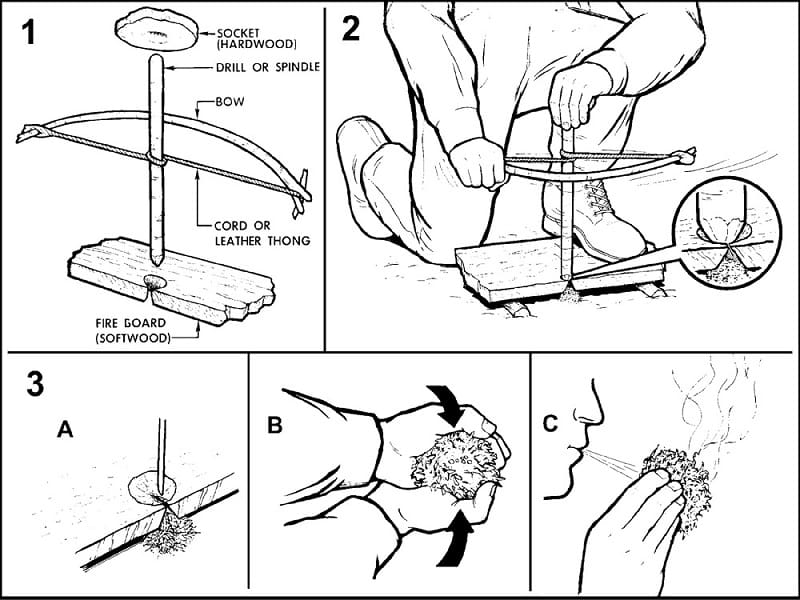
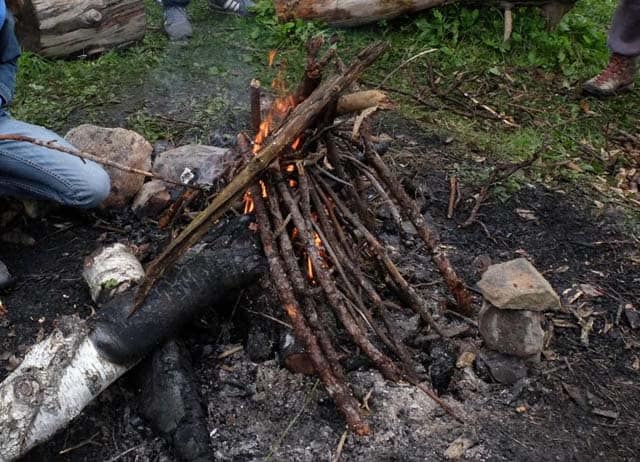
Mechanical, Engineering, and Manual Survival Skills
These are the skills that help you survive in urban situations. They are also helpful in situations where the grid has gone down and you have to hunker down for long periods.
- Auto mechanic
- Generator mechanic: Without a functioning grid, people will rely on generators. Knowing how to fix one will be a valuable skill.
- Electrician: Even general electrician skills will be useful for tasks like attaching lighting and appliances to generators.
- Ability to produce electricity, Including wind power, solar, and hydropower
- Solar power technician: This is a very specific skill that goes beyond general electrician skills. It will likely be very in demand in TEOTWAWKI.
- Blacksmith/welder
- Carpentry
- Plumbing: If the grid is down, plumbing systems will stop working, too. So, knowing how to unclog a toilet isn’t adequate. You’d need to know primitive plumbing skills like how to make water lifts for transporting water from streams.
- Construction
- Equipment operator
- Well drilling
- How to make a toilet: This is more complicated than it seems. You’ll have to know about emergency toilet options, like how to dig a latrine safely and make a compost toilet.

DIY and Barter Survival Skills
To survive TEOTWAWKI, you’ll need to know how to make many things yourself – especially how to make primitive versions of tools/appliances that don’t run on electricity. If you know these skills, you can make something to barter with for other supplies.
- Creating weapons: Check out these DIY weapons
- Make candles: Such as from beeswax (which is where the beekeeping would come in handy!) or lard (from your own animals)
- Soap making Here’s how to make soap from wood ash
- Making rope: Here’s how to make rope from natural fibers
- DIY cleaning/sanitation items
- Sewing/making clothes
- Knitting/crocheting: Socks, mittens, and hats can’t be easily sewn. So, knitting and crocheting are separate but important survival skills.
- Spinning wool and felting
- Sharpening tools
- Flintknapping: This is the ancient survival skill of shaping flint (or other stone) into sharp tools
- Reusing bullets/making ammo: Read our guide on making ammo here
- Home brewing
- Making footwear
- Tanning hide
- Making baskets
- Lamp making
- Making stoves and heaters: There are many types of survival stoves, such as rocket stoves and DIY emergency heaters
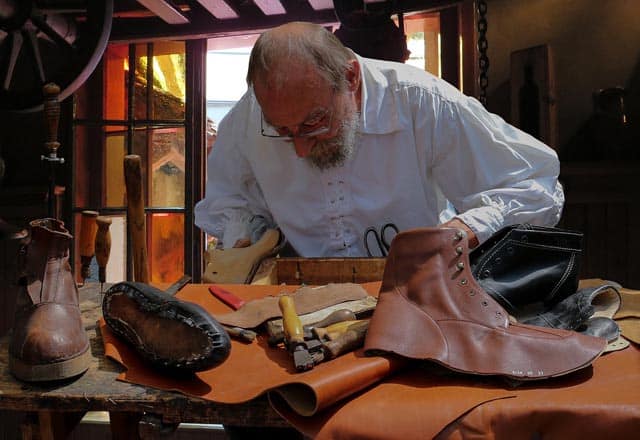
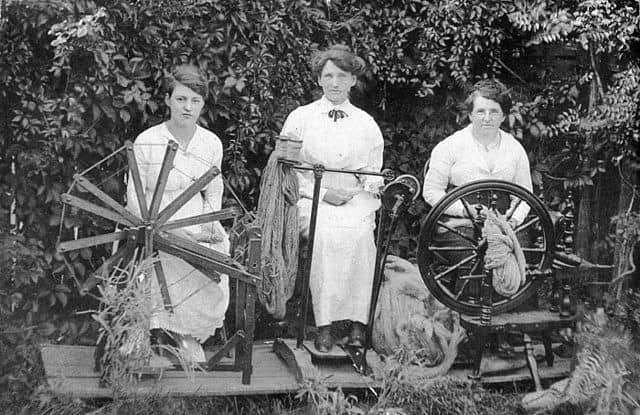
Food Survival Skills
These skills are needed to acquire, grow, or produce your food in TEOTWAKWI. Ideally, you know many of these, so you would be able to diversify your food sources.
- Hunting
- Trapping and snaring: Small game will likely be more abundant than big game in TEOTWAWKI. So, brush up on your trapping knowledge!
- Fishing: Including methods of making fish traps.
- Gardening: Particularly methods of gardening in small spaces or bucket gardening
- Hydroponics: This is a specific type of gardening that might be particularly useful in SHTF situations because it can be done stealthily indoors.
- Aquaponics: This is a sustainable food production method that involves raising fish and using their waste as plant food. More on it here.
- Insect farming and trapping: Insects are one of the best survival foods. They are easy to raise or trap and very nutritious.
- Make greenhouse: Greenhouses improve crop outcomes and let you have a longer growing season.
- Foraging: Do you know which local plants are edible and how to identify them? More on foraging for wild edibles.
- Livestock raising: In addition to cattle, there are goats, sheep, pigs, and other animals that can be good sources of food and milk.
- Chicken rearing:
- Butchering: What good is hunting or raising animals for meat if you can’t butcher them?
- Milking
- Veterinarian and animal husbandry: This survival skill is important to keep your animals healthy and reproducing.
- Baking bread: Baking bread is the easy part. What about making yeast and baking bread without yeast?
- Harvesting seeds: Once you harvest your crops, you’ll need to know how to save the seeds for future crops. More on the best survival seeds.
- Beekeeping or hunting:
- Orchard management
- Grinding grains into flour
- Primitive cooking: Using solar ovens, cooking over an open fire, wood stoves, plank cooking, and other methods.
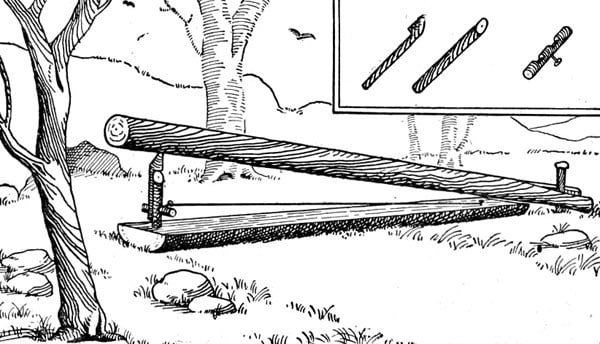
Food Preservation
Knowing how to produce your own food is almost pointless if you can’t preserve it! These are the main methods of food preservation that could be used in survival situations.
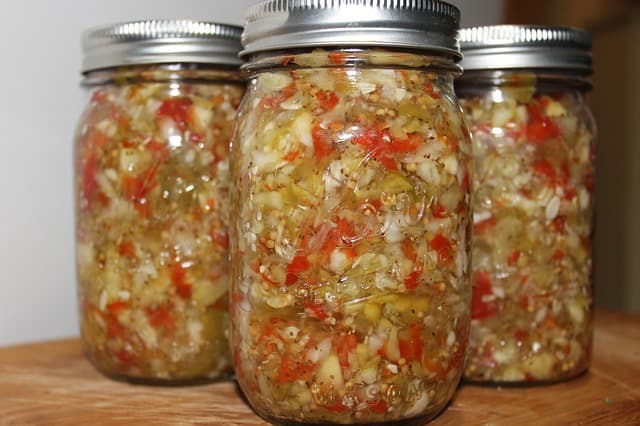
Medical skills
- Midwifery
- Dentistry
- Performing CPR
- Carrying a wounded person
- Sunstroke, hypothermia, and dehydration treatment
- Treating an open wound
- Splinting broken limbs
- Treating sprains
- Soothing a heart attack
- Spotting and controlling a concussion
- Herbal medicine: This includes recognizing wild medicinal plants and knowing how to make medicine from them, such as tinctures, oils, and salves.
- Treating a bullet wound
- Treating a knife wound: More on that here
- Bite wound treatment: Such as from snakes or other venomous animals
- Treating burn: More on that here
- Control severe bleeding – See how and when to use a tourniquet
- Epidemiology (infection control)
- Suturing/stitching wounds
- Heimlich maneuver
- Treating shock
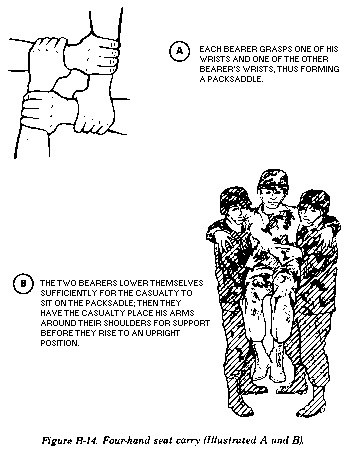
Other Survival Skills
- Ham radio operator
- Tie knots: Once you start learning how to tie knots, you realize how important it is for survival – like knowing which knots to use for making a shelter, hanging a food bag, or carrying a load of firewood.
- Fighting and self-defense – Quick and dirty self defense.
- Home defense: This differs from fighting/self-defense. It includes knowing how to secure the perimeter of your home/shelter against intruders and what to do if intruders do get in. Read our guide here.
- Firearms/gunsmithing
- Brute physical strength: You’ll need physical strength for tasks like hauling firewood or water, lifting supplies, and gathering food.
- Multilingual: Knowing another language means you’ll be able to communicate with more people and potentially avoid confrontations or get more resources.
- Signaling/alternative communications: Knowing Morse code, mirror signaling, etc.
- Staying hidden: Being able to camouflage yourself and your shelter
- Splitting firewood
- Climbing trees: Good survival skill if you need to get fruit from high branches, gather eggs, make a shelter, etc.
- Horseback riding
- Reusing things: Such as uses for items that usually would go in the trash or how to reuse gray water
- Leadership
- Mental strength: You’ll need a lot of this to survive TEOTWAWKI!
And Finally….
#101: Creativity
I think this is the most essential survival skill. If you are creative, you’ll be able to come up with solutions to survival problems — such as finding ways to use trash or found objects to make items you need. This – and willpower- will get you through The End Of The World As We Know It.
What do you think is the most critical survival skill?
Did I miss any important skills? Let us know in the comments!
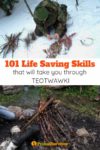


Do you have all of this survival information on your website compacted in a single book i can buy?
It seems like i can only buy the Ebooks not the actual books
You can get the prepping info here: https://www.amazon.com/Disaster-Preparedness-Women-Emergency-checklists/dp/B085RT8DCN
The book is targeted to women (and has some sections specifically to women) but the bulk of the info is for anyone. Unfortunately, we don’t have a book of survival/bushcraft skills compiled yet.
Adaptability and creativity are the reasons the human race still exists.